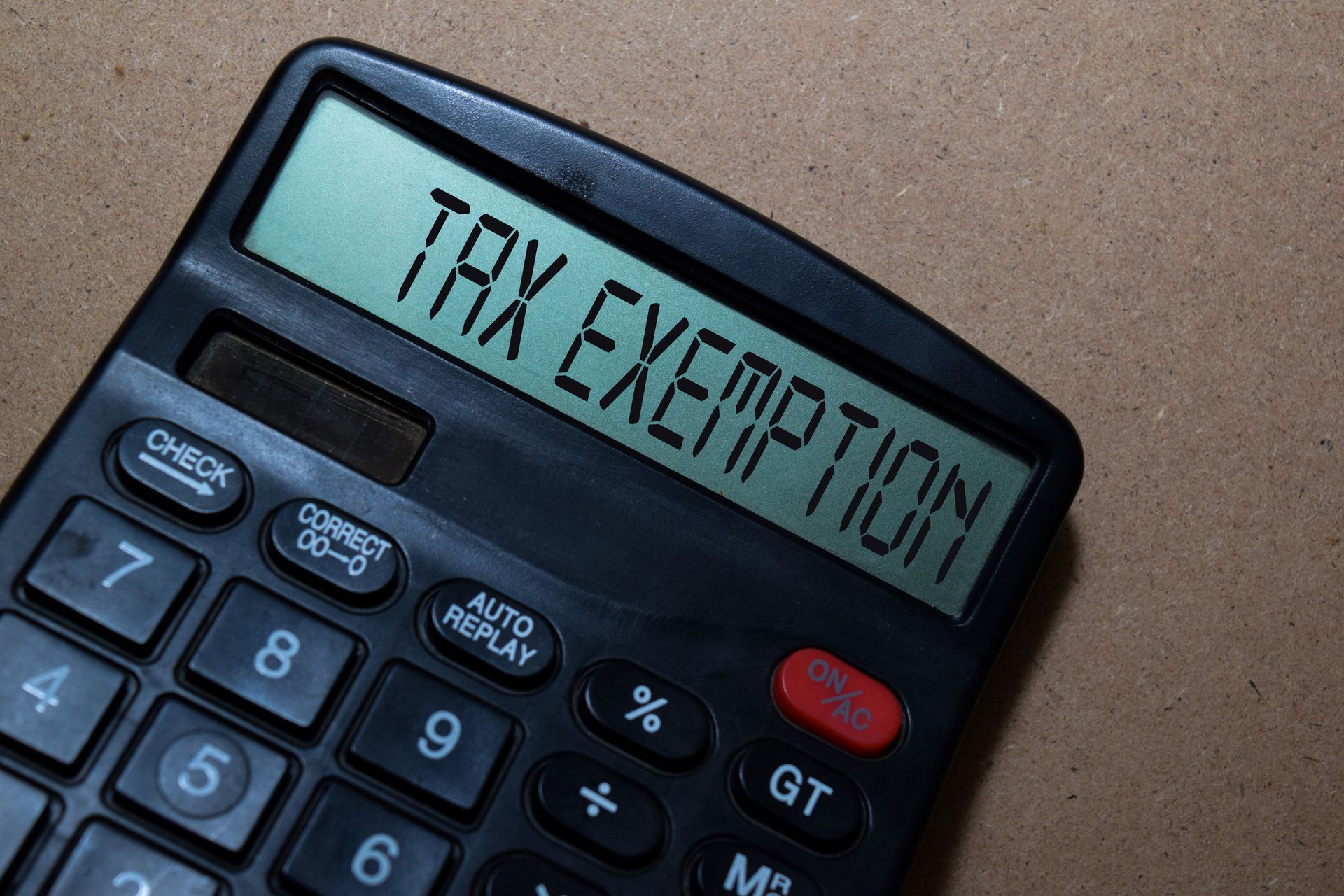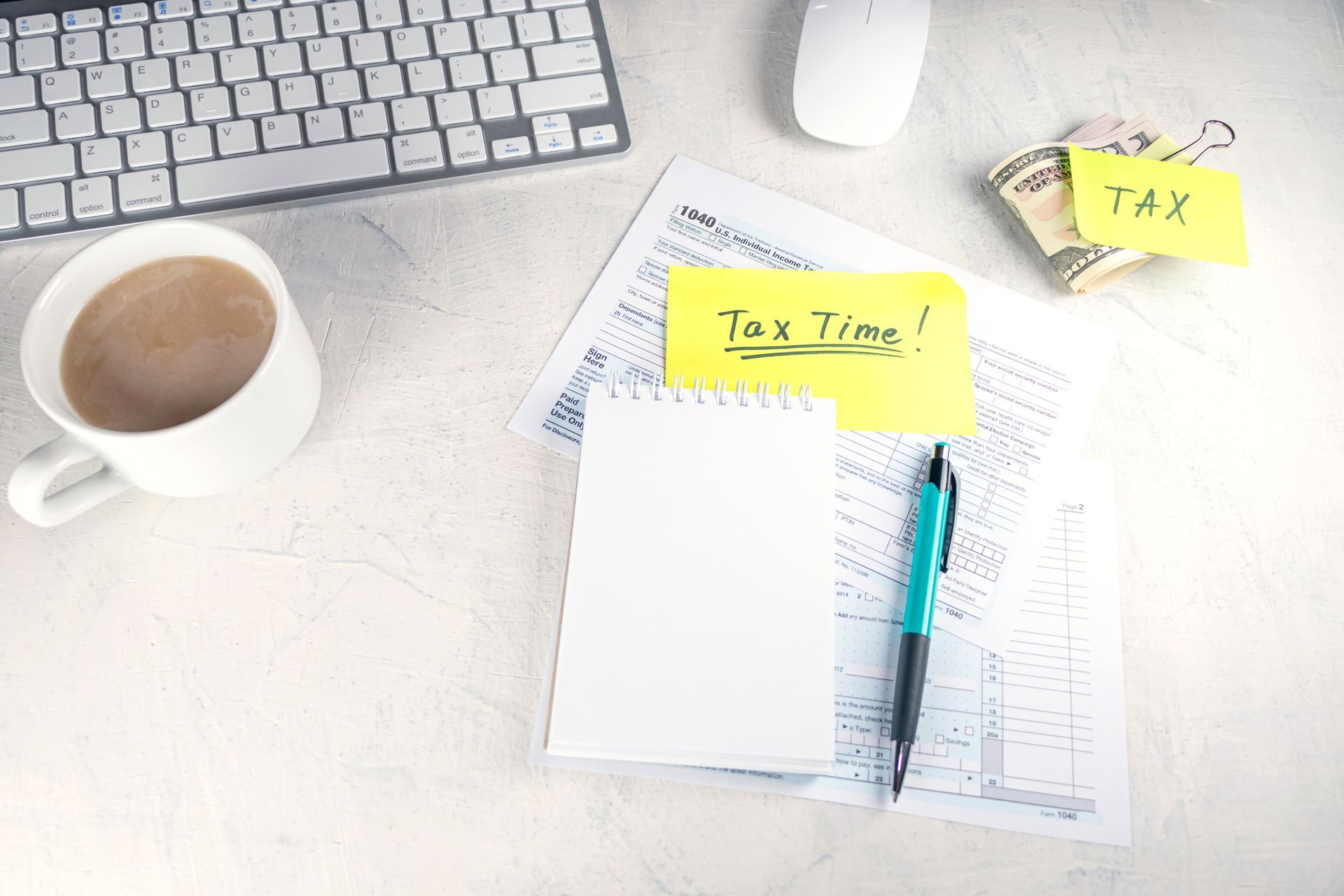How to Pick the Right Tax Preparer?
Filing taxes can feel overwhelming, no matter your financial circumstances. Whether you're a small business owner, freelancer, or someone managing multiple income sources, the complexity can be daunting.
This is where professional tax preparers come in. However, with thousands of tax preparers available, how do you find the one that’s best for you?
This guide will walk you through the essential steps for choosing the right tax preparer. By the end, you’ll have all the tools you need to make an informed decision—and ensure your taxes are in good hands.
Why Hiring a Tax Preparer is Worth It
Before jumping into the factors for choosing a tax preparer, it's worth asking—why not do your taxes yourself? While this is a valid option for simple tax filings, many people and businesses can benefit from a professional's expertise.
Here’s why hiring a tax preparer can make a big difference:
- Save time: Tax codes are complex and constantly changing. A tax professional saves you hours of research and calculation.
- Reduce errors: Mistakes on tax returns can delay refunds or even lead to audits. Professionals know how to avoid common pitfalls.
- Maximize deductions: Tax preparers are trained to identify deductions and credits you may not even know exist, potentially increasing your tax refund.
- Peace of mind: Entrusting your taxes to an expert eliminates second-guessing, time crunches, and unnecessary stress.
Now that we’ve established their value, let's look at how to find the best tax preparer for your needs.
Step 1: Understand Your Tax Preparation Needs
The first step to finding the ideal tax preparer is understanding what you need from them. Your requirements can vary greatly depending on your financial situation.
Ask yourself:
- Are your taxes relatively straightforward (e.g., W-2 income) or more complex (e.g., investment income, rental properties, or self-employment)?
- Do you need year-round tax advice or just assistance during tax season?
- Are you looking for someone who specializes in a specific area, like small businesses or international tax law?
By defining your needs upfront, you’ll narrow your search to professionals whose expertise matches your situation.
Step 2: Know the Types of Tax Preparers
Not all tax preparers are created equal. Here’s a breakdown of the main types you’ll come across:
Enrolled Agents (EAs)
Enrolled agents are federally licensed tax professionals authorized to represent taxpayers in all interactions with the IRS. They specialize in tax issues and often have extensive knowledge of tax law.
Best for: Taxpayers needing support for audits, appeals, or complex tax issues.
Certified Public Accountants (CPAs)
CPAs are accounting professionals with state certifications. Many CPAs specialize in taxes, but others focus on financial consulting or business accounting.
Best for: Those wanting a combination of tax preparation and broader financial planning.
Tax Attorneys
Tax attorneys handle legal matters related to taxes, such as disputes with the IRS or estate planning. They have the expertise to tackle highly complex or sensitive tax situations.
Best for: Those needing legal tax advice or representation in court.
Unlicensed Tax Preparers
These individuals are not certified or accredited but may have experience preparing taxes. While some offer competitive rates, their credibility can vary widely.
Best for: Straightforward tax returns with limited resources—though caution is advised.
Step 3: Research Qualifications and Credibility
Once you’ve identified the type of preparer you need, confirm their qualifications. Here's what to look for:
Preparer Tax Identification Number (PTIN)
All tax preparers must have a PTIN to file returns on your behalf. If they don’t, move on.
Certifications or Licenses
Verify CPA licenses with your state’s board of accountancy, and check the IRS’s directory for enrolled agents. For attorneys, confirm their standing with your state bar.
Continued Education
Tax laws change frequently, so find someone who stays current through continuing education or professional training.
Reputation
Read online reviews, check the Better Business Bureau, or ask for client references. A credible preparer will have a positive track record.
Step 4: Ask the Right Questions
Before hiring a tax preparer, meet with them (virtually or in person) to ensure they’re the right fit. Use this opportunity to ask these key questions:
What are your qualifications and experience?
Look for experience in handling taxes similar to your own.
How much do you charge?
Some preparers charge flat fees, while others bill hourly. Be wary of those who base their fee on a percentage of your refund.
What services are included?
Confirm whether services like audit support or year-round consultations are part of your package.
How do you handle security?
Verify how they protect your sensitive financial information.
Step 5: Be Wary of Red Flags
Not every tax preparer operates with integrity. Watch out for these warning signs:
Refund Guarantees
No ethical tax professional can guarantee a specific refund amount. Be cautious of those who do.
No PTIN or Credentials
Avoid anyone unwilling to provide their registration details or professional qualifications.
Hidden Fees
Make sure rates and payment terms are clear from the start to prevent surprises.
Pressure to Sign Blank Returns
This is not only unethical but also illegal.
Step 6: Maximize the Tax Preparer Relationship
Once you’ve hired a tax preparer, you can do a few things to make the partnership successful:
Provide organized records
Ensuring your income, deductions, and other documentation are organized saves time and reduces errors.
Communicate openly
Keep your preparer updated on significant life events (e.g., marriage, a new baby) that may affect your taxes.
Don’t wait until the last minute
Start the process early to give your preparer ample time to work on your return.
Trust the Right Tax Professional for Stress-Free Filing
Sela Tax & Accounting offers professional tax preparation services in Miami, designed to make filing your taxes simple and stress-free. Choosing the right tax preparer is an important decision, and our experienced team is here to guide you every step of the way. We pride ourselves on providing personalized service and ensuring your taxes are filed accurately and efficiently, giving you peace of mind during tax season. By understanding your tax situation, researching credentials, and asking the right questions, you can find a trusted professional who makes tax season a breeze.
If you’re ready to take the next step, start gathering quotes and consultations from qualified preparers today. A little effort upfront will save time, money, and plenty of headaches in the long run!
Looking for the right tax preparer?
Partner with us for expert guidance and peace of mind.
Contact us today
to schedule a consultation!




